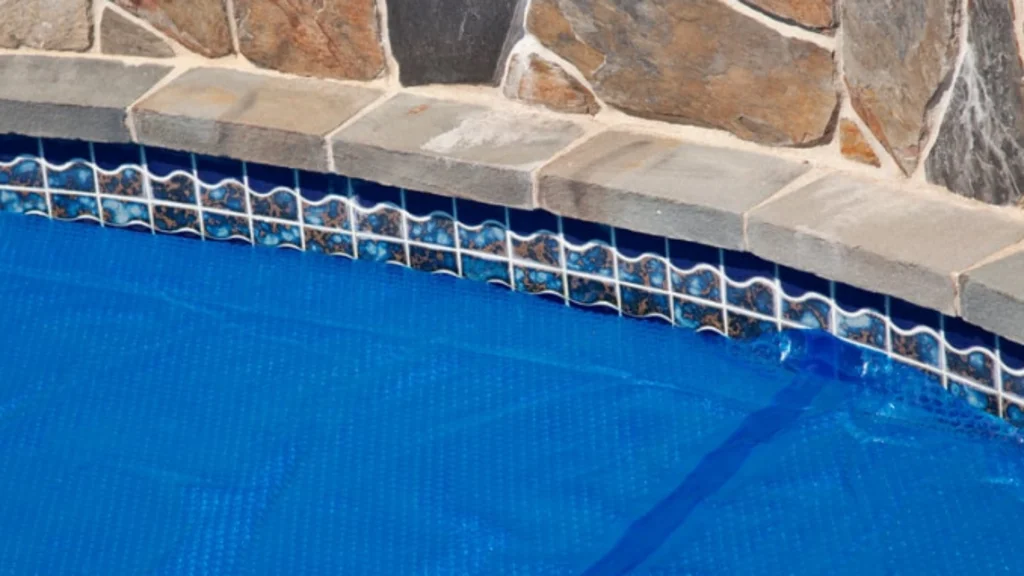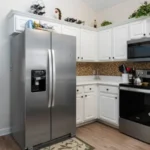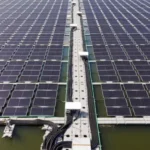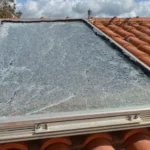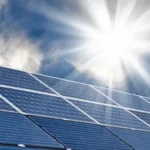Imagine diving into your pool in early spring or late fall and still feeling the water at just the right temperature. No gas lines, no outrageous electricity bills—just the sun doing its job. That’s the magic of solar pool heaters, one of the most eco-friendly and cost-effective ways to enjoy warm pool water without hurting the planet or your wallet.
In this guide, we’ll break down how solar pool heaters work, what homeowners and small business owners should know before installing them, and how to maintain them for maximum efficiency. Whether you’re in sunny Florida or a cooler part of the country, this post will help you decide if solar pool heating is right for you.
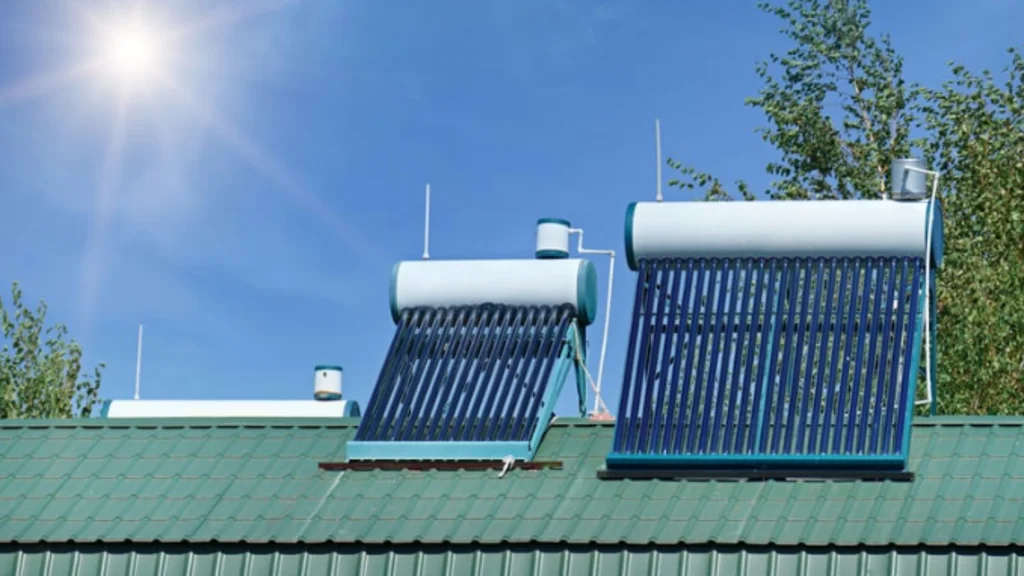
What Is a Solar Pool Heater?
A solar pool heater is a system that uses solar energy to warm the water in your swimming pool. It typically consists of a few key components:
- Solar collectors (usually installed on a roof or a rack)
- Filter to clean the water before it enters the system
- Pump to move the water through the collectors
- Flow control valve to regulate the system
In essence, water from your pool is circulated through these solar collectors, where it’s heated by the sun before returning to the pool. It’s simple, silent, and incredibly sustainable.
Why More Homeowners Are Choosing Solar Pool Heaters
Rising energy costs and growing environmental awareness are pushing homeowners to seek out greener alternatives. Solar pool heaters stand out for several reasons:
- Low operating costs: Once installed, sunlight is free.
- Minimal maintenance: Most systems last 10–20 years with little upkeep.
- Extended swim season: Heaters can raise water temperatures by 5–15°F.
- Eco-conscious choice: No emissions or reliance on fossil fuels.
In fact, according to the U.S. Department of Energy, solar pool heating systems can pay for themselves in energy savings within 2 to 7 years, depending on your location and fuel replacement cost.
Real-World Example: How One Family Cut $500 a Year in Heating Costs
“I didn’t realize how much our gas heater was costing us until I looked at the year-end bills,” says Alex Morgan, a homeowner in Temecula, California. “We switched to a solar pool heater two years ago, and we’ve saved at least $500 annually since then.”
Alex used a rooftop collector system with a south-facing exposure, which provided optimal sunlight capture from March through October. They now enjoy a warm pool well into the fall—without the guilt or high energy bills.
How Efficient Are Solar Pool Heaters?
The efficiency of your solar pool heater depends on several factors:
- Sunlight availability: The more sunlight, the better the performance.
- System sizing: Typically, the collector area should be 50–100% of the pool’s surface area.
- Orientation and tilt: South-facing, properly angled collectors provide the best results.
A well-installed system can boost pool water temperature by 10°F in peak season. And in states like Arizona, Texas, and California, you could even go completely off-grid for pool heating.
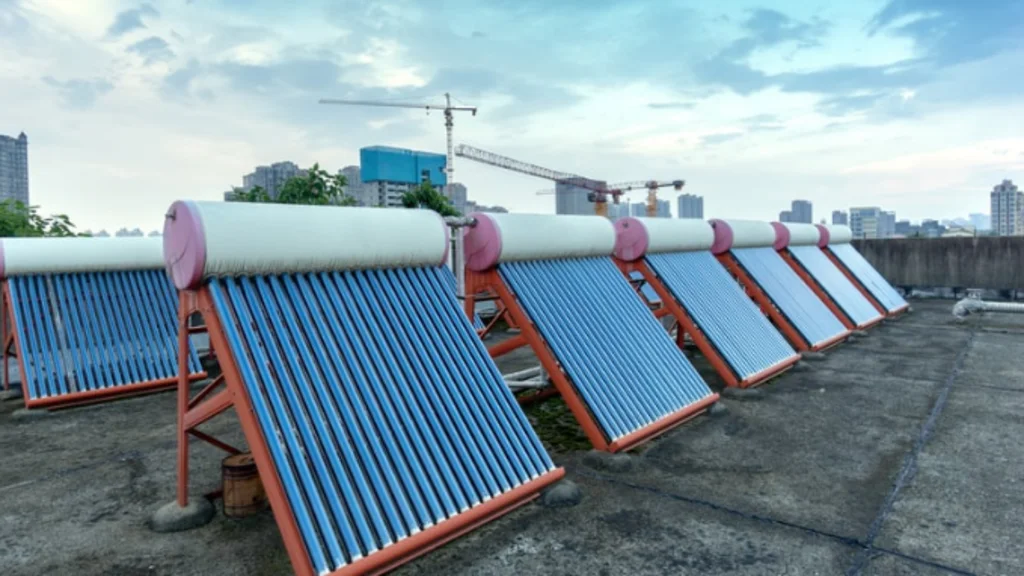
Key Considerations Before Installing a Solar Pool Heater
Before making the leap, here are a few things to think about:
1. Pool Usage Patterns
Do you swim year-round or just in summer? Solar systems are most beneficial if you want to extend your swim season.
2. Available Roof Space
You’ll need ample space for the collectors—ideally on a roof with good solar exposure.
3. System Compatibility
Check if your current pool pump and plumbing can handle a solar heater without needing expensive upgrades.
4. Budget
While the initial cost of solar pool heaters ranges from $3,000–$6,000, incentives and savings make it a long-term win.
Click here: solar powered vehicle.
How Solar Pool Heaters Compare to Other Heating Options
| Feature | Solar Heater | Gas Heater | Electric Heat Pump |
| Operating Cost | Low (free sunlight) | High | Moderate |
| Upfront Cost | Medium | Low | High |
| Environmental Impact | Zero emissions | High CO₂ output | Moderate |
| Lifespan | 10–20 years | 5–10 years | 10–15 years |
| Maintenance | Low | Moderate | Moderate |
Tips to Maximize Your Solar Pool Heater’s Performance
Want to get the most out of your investment? Follow these tips:
Use a pool cover
Retains heat overnight and reduces evaporation.
Clean the collectors
Dust, leaves, or bird droppings can reduce efficiency by up to 20%.
Schedule regular inspections
Check for leaks or valve failures annually.
Upgrade to a variable speed pump
Improves energy efficiency and pairs well with solar systems.
Use a solar controller
This automates flow control and ensures optimal temperature regulation.
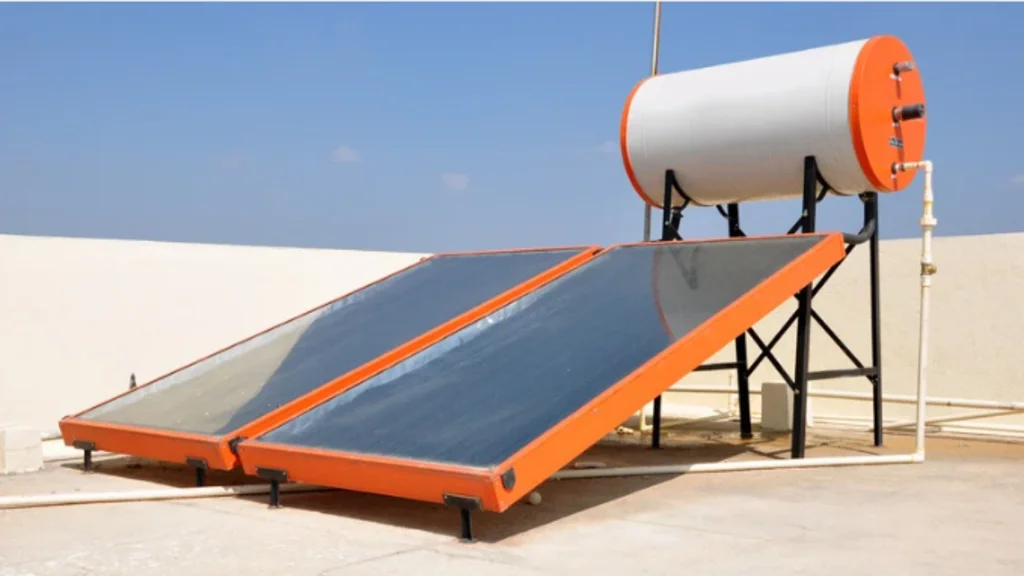
Troubleshooting Checklist for Common Solar Heater Issues
Even the best systems hit snags. Here’s a quick checklist:
- Water isn’t heating?
Check the flow valve, pump, and collector for clogs or air locks.
- Low temperature gain?
Inspect for dirt buildup or poor sun exposure.
- System leak?
Most leaks occur at joints or valves—tighten or replace faulty components.
- Pump running continuously?
Your system may need a timer adjustment or a solar controller.
Are Solar Pool Heaters Worth It?
For most homeowners, the answer is a clear yes—especially in sunny states. Here’s why:
- You’ll save hundreds per year on gas or electric bills.
- Systems can last 15+ years with minimal care.
- It’s one of the few upgrades that’s both luxurious and eco-conscious.
A study from the Florida Solar Energy Center found that solar pool heaters outperform gas and electric systems in cost savings over time, especially when paired with a solar cover.
Also visit here: REC Solar panels.
Expert Insight: What Installers Want You to Know
According to licensed installer Marcus Patel of SolarTech Pools Inc., “The biggest mistake people make is under-sizing their systems. You need to match the collector area to your pool’s surface area—go too small, and you’ll barely notice a difference.”
He also notes that professional installation is key. “Improper tilt or plumbing setup can cut efficiency by up to 30%. Hire someone who understands solar hydraulics, not just pool plumbing.
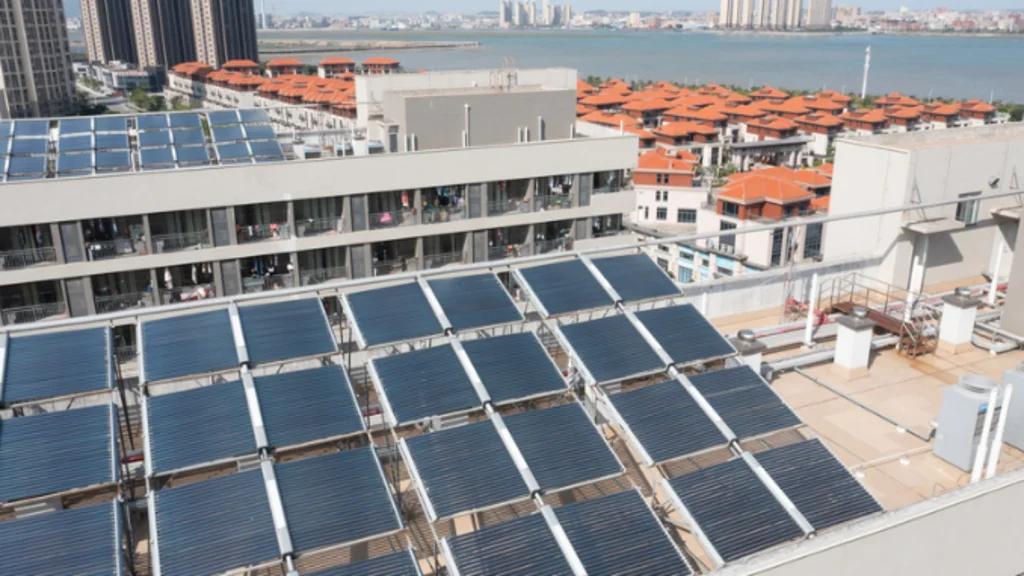
Should You Invest in a Solar Pool Heater?
If you want longer swim seasons, lower utility bills, and a cleaner energy footprint, a solar pool heater is one of the smartest upgrades you can make. While the upfront investment might seem high, the long-term savings and lifestyle benefits more than make up for it.
With an appropriately sized system, good maintenance, and a sunny location, you’ll enjoy warm pool water almost year-round, without burning fossil fuels.
If your pool still relies on gas or electric heating, you could be missing out on major savings. Book a solar pool heater consultation today and take the first step toward energy-efficient swimming all year long.
FAQs
Do pool solar heaters really work?
Yes, pool solar heaters are effective in raising water temperature by 5–15°F depending on sunlight and system size. They work best in sunny climates and with proper installation.
How much will a solar heater heat my pool?
A well-sized solar heater can raise your pool’s temperature by up to 15°F. This extends your swim season by several months in most regions.
What is the cheapest way to heat a pool?
Using a solar cover in combination with a solar pool heater is the most cost-effective method. Sunlight is free, and covers prevent nighttime heat loss.
Can you use solar panels to heat a pool?
Yes, solar thermal collectors specifically designed for pools can efficiently heat water. Unlike photovoltaic panels, they transfer solar heat directly to pool water.
How fast does solar heat a pool?
On a sunny day, solar heaters can raise water temperature by 1–3°F per day. Results vary based on collector size, sunlight hours, and water volume.

